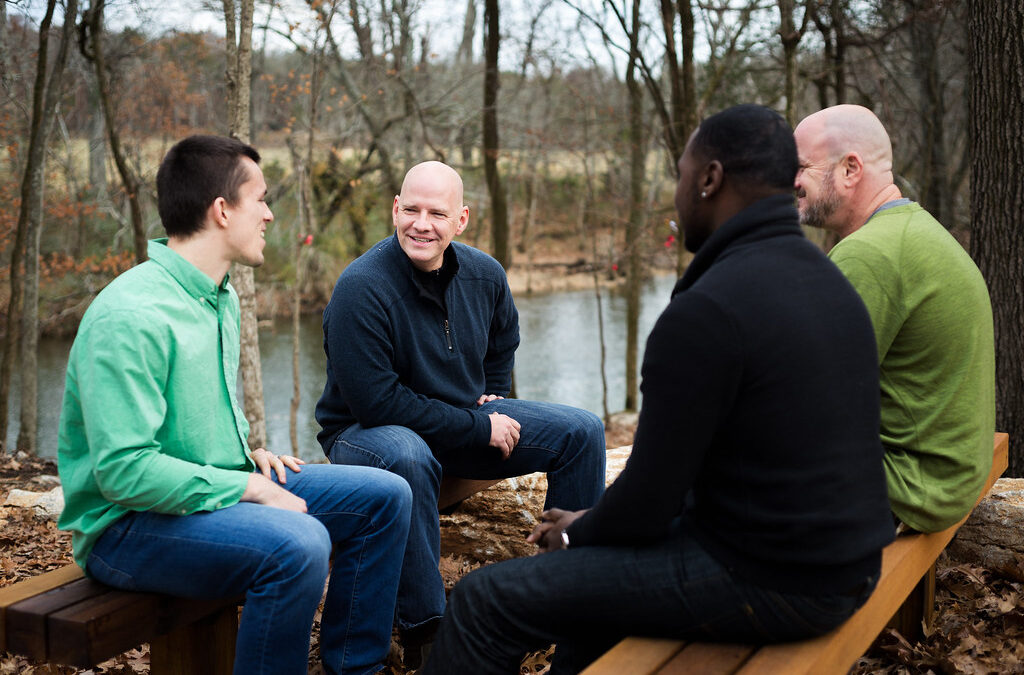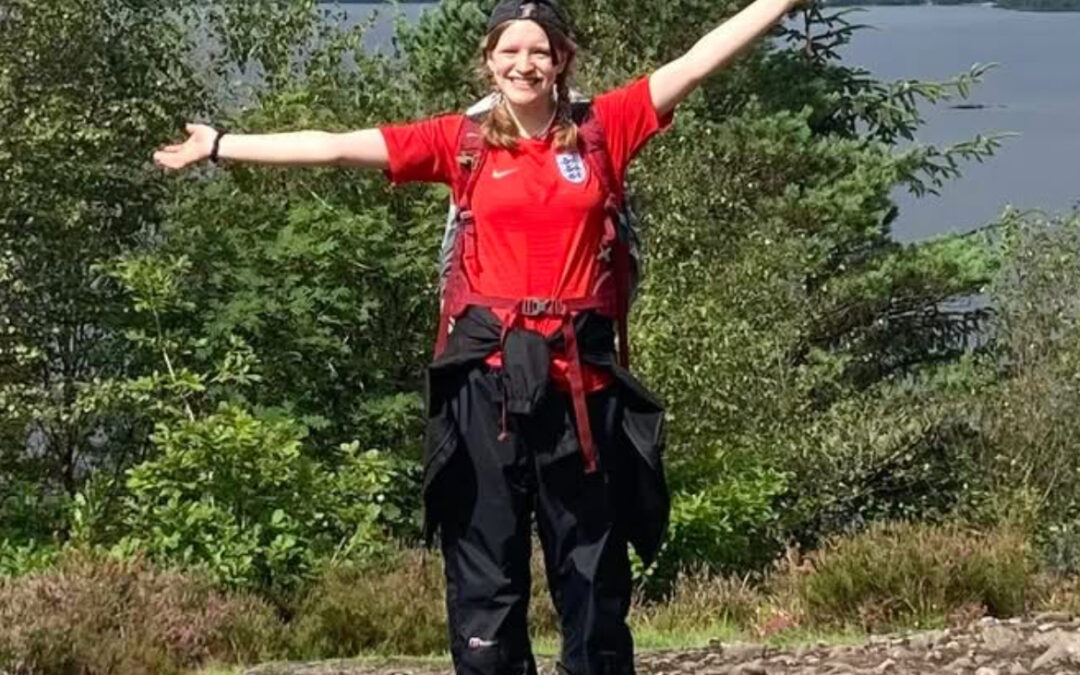Like most people, I’m a big fan of watching television. I love non-linear storytelling, time travel, ghosts, and the haunting of a narrative. Anything that explores the complexities of human connection – whether that’s friendship, romance, or messy family dynamics – automatically earns five stars on my Letterboxd.
My all-time favourite piece of television is The Haunting of Hill House. Which, I admit, is a bit ironic considering it’s a horror series about death, grief, and ghosts. But what made it special to me wasn’t just the jump scares or the emotional gut punches. It was the way the show made space for healing. Yes, the Crain family suffers unimaginable losses. Yes, the house is terrifying. But by the final episode, there’s a flicker of something else. Reconciliation, even if imperfect. There’s an effort to reach for connection, for closure, for peace. And that effort matters.
On the topic of film, you may also like: Rīga continues to celebrate Latvian award winning film ‘Flow’
Lately though, I’ve noticed a trend in television and film where tragedy is treated as the only form of “serious” storytelling. If characters suffer, the story must be deep. If the ending is gutting, then it’s art. But where does that leave stories about surviving? About clawing your way through the wreckage and deciding to rebuild, even if it’s slow and quiet and not particularly cinematic?
We don’t need every show to wrap things up with a tidy bow or a happy ending. Because that’s boring, and frankly, bad TV. But I do think we could use more moments – just one episode, maybe two – where the characters are allowed to heal. Where they go to therapy. Where they cry and laugh in the same breath. Where the plot isn’t driven by trauma alone but by what comes after it.
Because the thing is, trauma shouldn’t be the whole story. If you’re going to make your characters suffer (and let’s face it, we know the writers love to), then you owe it to them – and to us – to also show what survival looks like. Not everyone dies. Not every relationship has to implode. Not every ending has to be bleak to be powerful.
Sometimes I think we forget that good storytelling can also mean hope. Not the sugary kind, but the hard-won kind. The kind that says, “This was awful, and we’re still here.”
There’s room for tragedy, of course. Some of the best stories ever told are heartbreakers. But if every season ends in devastation, what are we actually saying about the world? That it’s not worth trying? That healing is impossible? That people don’t change?
I want more stories that let their characters grow instead of just suffering. That honour the pain, but also the process. Give me an arc where someone learns to live with their grief and still makes breakfast the next morning. Give me a quiet episode about joy. Give me a plot twist that ends in relief.
Because hope, in the right hands, is just as compelling as heartbreak. And it deserves more screen time.



